How to Set Business Goals to Finish 2020 Strong

Here we are – the last quarter of the year! 2020 has been strange and challenging for many of us, but it is definitely not cancelled. Many small business owners have been hit hard financially this year. That means the need to pay attention to business finances is greater than ever. Below, I have some ideas for goals to set to finish out the year strong.
What Do You Need to Succeed?
When setting any goals for your business, it’s important to consider what you need to succeed. If you’re at a point where you’re unsure about that, I suggest doing a business check-in first. If you feel like you’ve got a good picture of your business’s current strengths and needs, you can go ahead with the goal-setting.
When setting a goal concerning your business financials, here are a couple tips. First, set one goal, not a dozen. This will make it easier to manage and complete the goal. Second, identify the thing to do in your business finances that would make everything else easier or irrelevant. This advice is from the book, The One Thing – you can read my book review here. In a small business context, this could look like setting up a money system, finding a good bookkeeper to work with on a regular basis, or building a money team. We’ll talk more about potential goals below, but the important thing is to set your sights on the thing that would make the biggest difference to your business.
Create Good Habits
One potentially life-changing goal you could set for your business in 2020 is to finish out the year with good money habits. When I say “money habits,” I mean checking in with your business finances on a weekly basis. The more aware you are of where you stand financially, the better. I’ve written about the stressful weight that feeling vague about numbers can create for business owners. If you look at your records every week, this won’t be an issue for you! In fact, you’ll be better able to make financial decisions in your business, because you’ll be more aware of the information you need. If you need more ideas about what to look for during your weekly check-in, read my articles on knowing what your numbers are telling you and creating more revenue.
Make a Plan
If your business is feeling the effects of the pandemic, perhaps your goal to finish out the year can be to create a financial resilience plan. The most important thing to do when creating a resilience plan is to first take stock of where you are. I recommend reading my article on finding financial clarity if you want some guidance here. Perhaps your resilience plan will include seeking small-business relief opportunities, or adapting your offerings to our continually changing conditions. For ideas on what to include in your plan, I’d recommend checking out the SBA’s resources on preparing your business for emergencies, and my free guide, Cash Flow Flow Reboot Guide: A Guide to Thriving in Uncertain Times.
Stay On Top of Your Books
 If you received money from Paycheck Protection Program or other forms of small business support, it’s very important to stay on top of your record keeping this year. Especially if you’re applying for loan forgiveness, it’s important to keep your financials tidy. The SBA has specific stipulations about what they money can be spent on in order to qualify for forgiveness. Keeping your books in order will help you stay on top of where that money goes so you can qualify. I recommend consulting with a bookkeeper for assistance.
If you received money from Paycheck Protection Program or other forms of small business support, it’s very important to stay on top of your record keeping this year. Especially if you’re applying for loan forgiveness, it’s important to keep your financials tidy. The SBA has specific stipulations about what they money can be spent on in order to qualify for forgiveness. Keeping your books in order will help you stay on top of where that money goes so you can qualify. I recommend consulting with a bookkeeper for assistance.
I hope these ideas have given you some thoughts on what the best goal to finish 2020 strong is for you and your business. In my private work with clients, we do a lot to make sure they meet their goals. If this sounds like it might be helpful for you, reach out and schedule a free discovery call.
Angela







 I also have a flexible schedule as a solopreneur, which meant I could find the time during the week for lessons and rides. And I had the ability to pay for a course, because of my financial savvy in my own business experiences. I find that
I also have a flexible schedule as a solopreneur, which meant I could find the time during the week for lessons and rides. And I had the ability to pay for a course, because of my financial savvy in my own business experiences. I find that 



 A couple pointers for inspiration: if you feel like you’re not getting paid enough, check out my article on
A couple pointers for inspiration: if you feel like you’re not getting paid enough, check out my article on 


 Go back to step one, and take stock again of all you’ve done this year, including this review process. Chances are, you will find you’ve done quite a bit of work towards your goals, no matter how close you might be to completing them! Take some time to celebrate all the work you’ve done. Treat yourself to an afternoon off, a fun or inspiring event, or whatever you’d like to do to celebrate your achievements so far! Being a solopreneur is hard work. If you’ve done the work, you deserve to cheer yourself on once in a while.
Go back to step one, and take stock again of all you’ve done this year, including this review process. Chances are, you will find you’ve done quite a bit of work towards your goals, no matter how close you might be to completing them! Take some time to celebrate all the work you’ve done. Treat yourself to an afternoon off, a fun or inspiring event, or whatever you’d like to do to celebrate your achievements so far! Being a solopreneur is hard work. If you’ve done the work, you deserve to cheer yourself on once in a while.


 There are a number of ways to take this plunge. First, you can look through everything yourself. Especially if your books are not that complicated, or you have a rough system going already, taking a look on your own is a good idea. You can also get a good picture of whether you’re able to hire or consult with a bookkeeper. A good bookkeeper will be able to
There are a number of ways to take this plunge. First, you can look through everything yourself. Especially if your books are not that complicated, or you have a rough system going already, taking a look on your own is a good idea. You can also get a good picture of whether you’re able to hire or consult with a bookkeeper. A good bookkeeper will be able to 
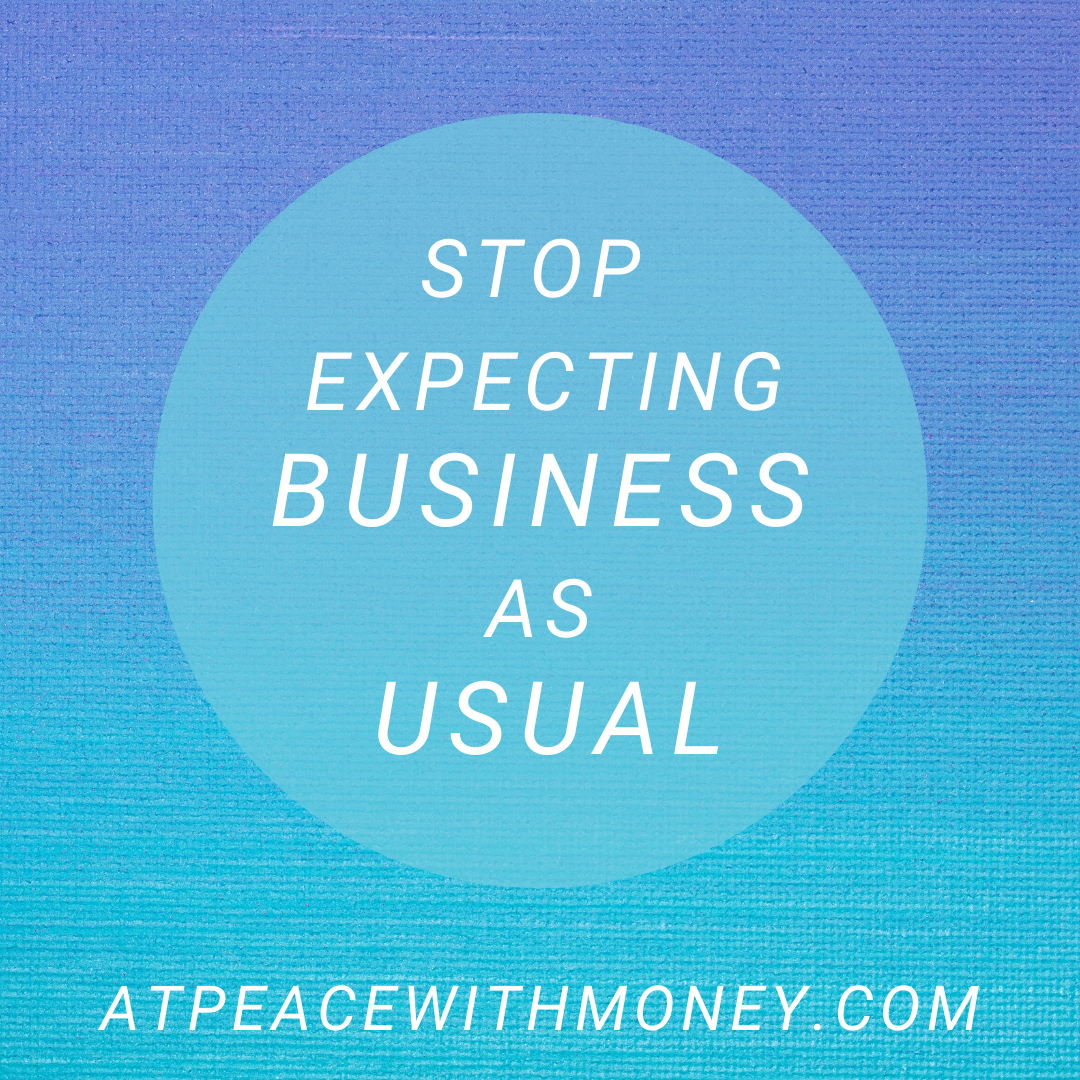

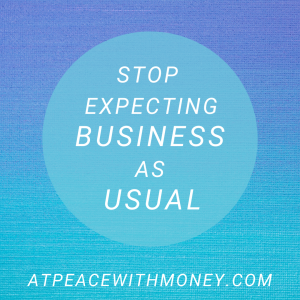 In addition to stepping up to give your emotions some space, this is also a time
In addition to stepping up to give your emotions some space, this is also a time 
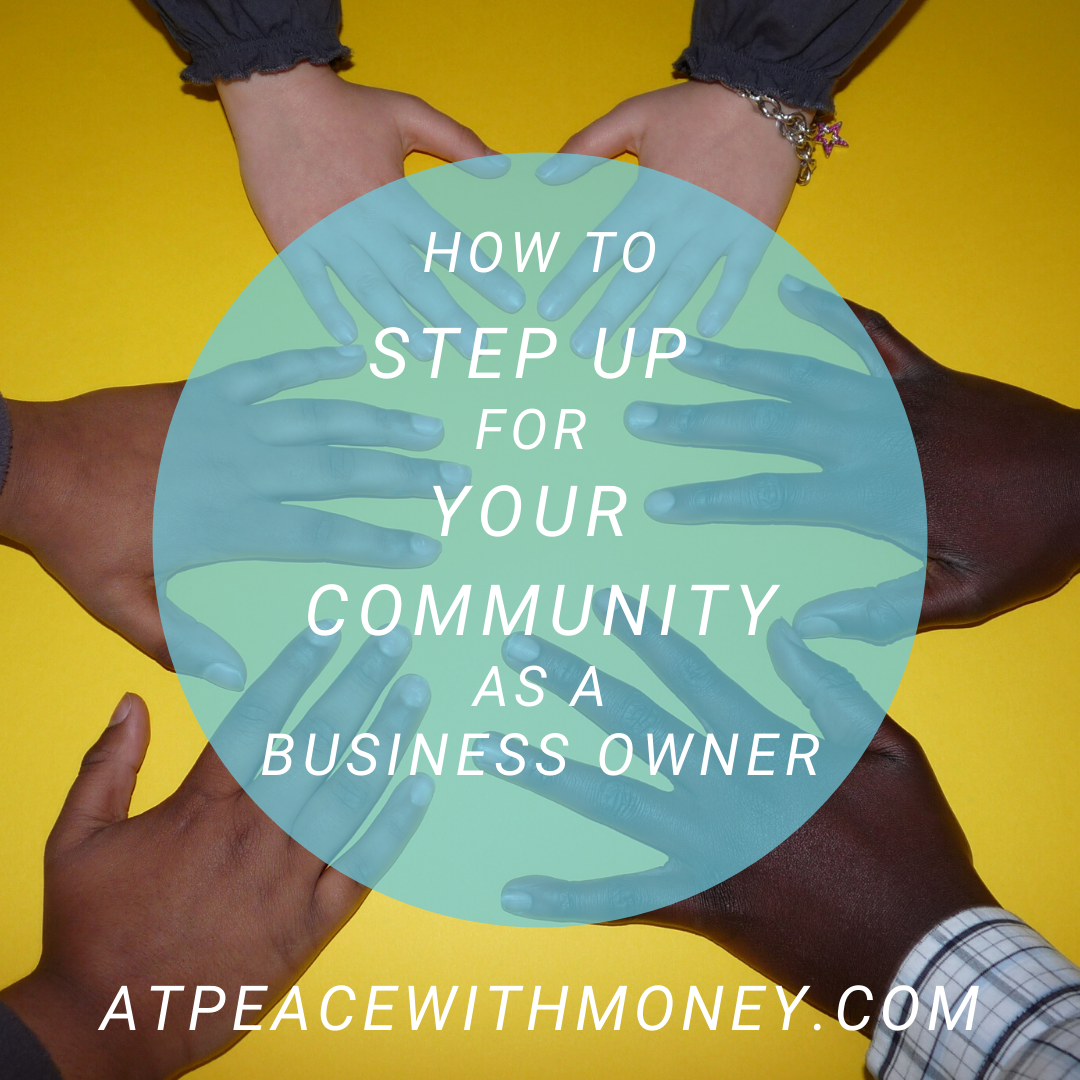
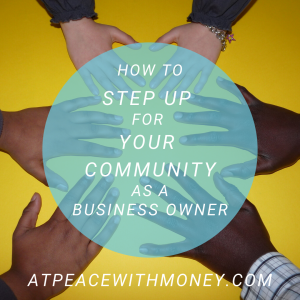 Perhaps you can donate your time or services to a cause, or offer them for free for Black or low-income people in your area. You might create a fundraising offering, where a certain percentage of proceeds goes to fund an organization in your community. If you get creative, there are many ways to chip in and stay in your business’s budget. Next week, I’ll be talking about how to use money mapping to figure out how much you can give to causes. Stay tuned for that.
Perhaps you can donate your time or services to a cause, or offer them for free for Black or low-income people in your area. You might create a fundraising offering, where a certain percentage of proceeds goes to fund an organization in your community. If you get creative, there are many ways to chip in and stay in your business’s budget. Next week, I’ll be talking about how to use money mapping to figure out how much you can give to causes. Stay tuned for that. 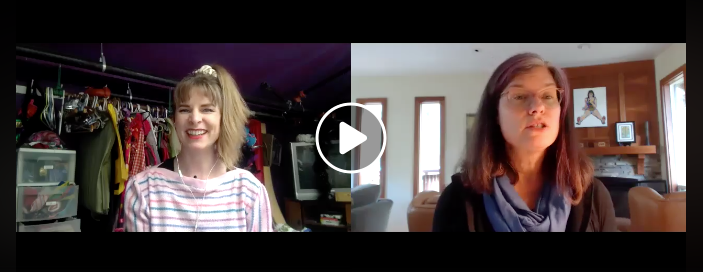

 The many ways Bri has adapted her business to the conditions of COVID-19 show a lot of flexible thinking. She problem-solved in a number of ways, from adapting her offerings to the digital realm, to pursuing income streams unrelated to her talents, to applying for aid and creating healthy routines for herself. Her new approaches to her business have not only kept her afloat, but also created new opportunities. The fact that she has created a Patreon and gotten to create more behind-the-scenes content for her clients is a wonderful use of her time. It allows her to work on those projects, and create more interest in her work.
The many ways Bri has adapted her business to the conditions of COVID-19 show a lot of flexible thinking. She problem-solved in a number of ways, from adapting her offerings to the digital realm, to pursuing income streams unrelated to her talents, to applying for aid and creating healthy routines for herself. Her new approaches to her business have not only kept her afloat, but also created new opportunities. The fact that she has created a Patreon and gotten to create more behind-the-scenes content for her clients is a wonderful use of her time. It allows her to work on those projects, and create more interest in her work.


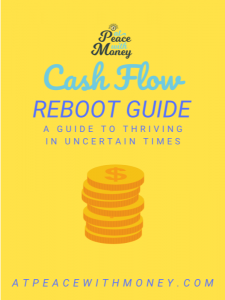 valuable at a time like this. Because Jennifer is able to acknowledge her feelings and tend to them, she has more mental space available when it’s time to get to work.
valuable at a time like this. Because Jennifer is able to acknowledge her feelings and tend to them, she has more mental space available when it’s time to get to work.


